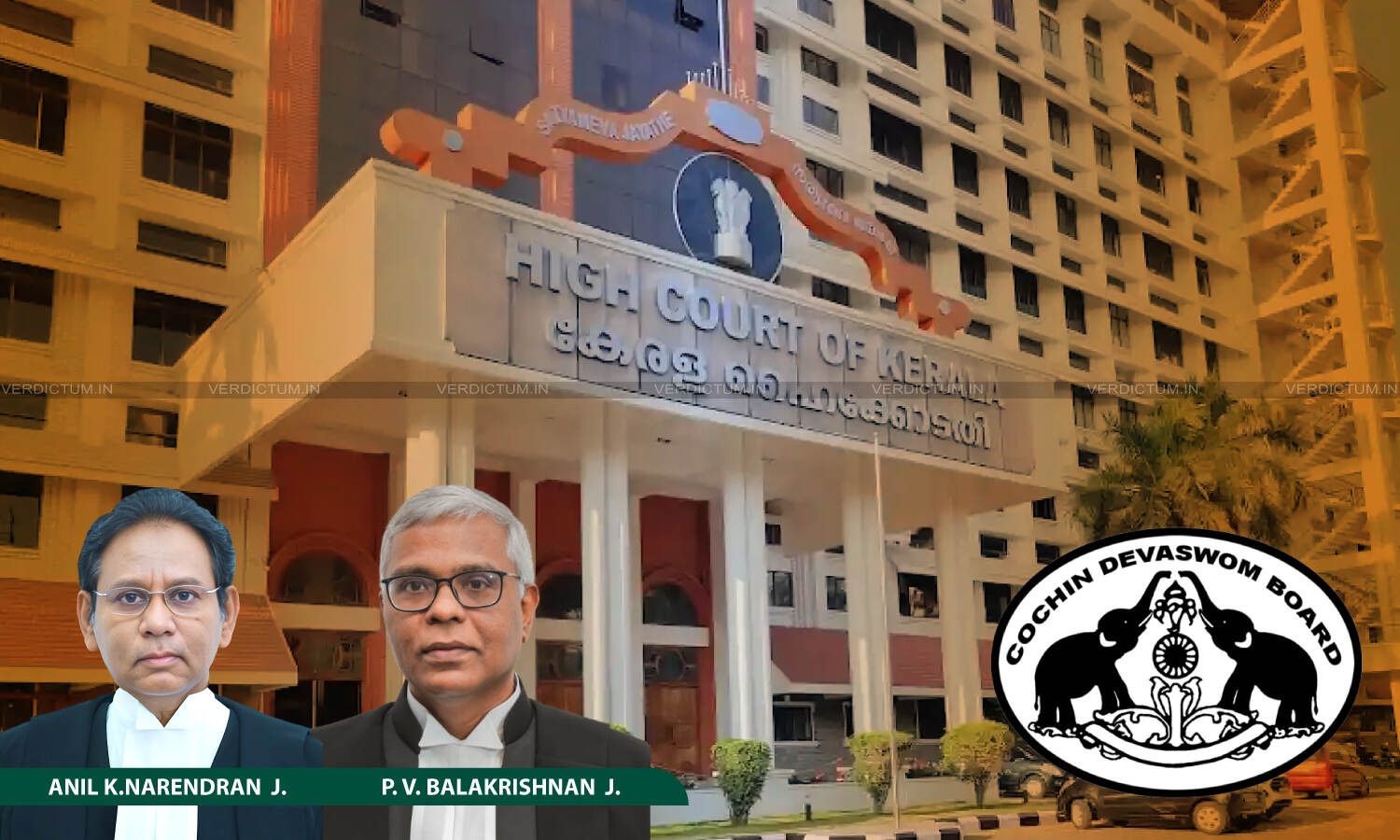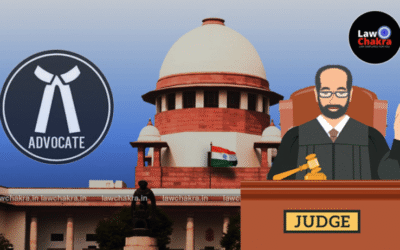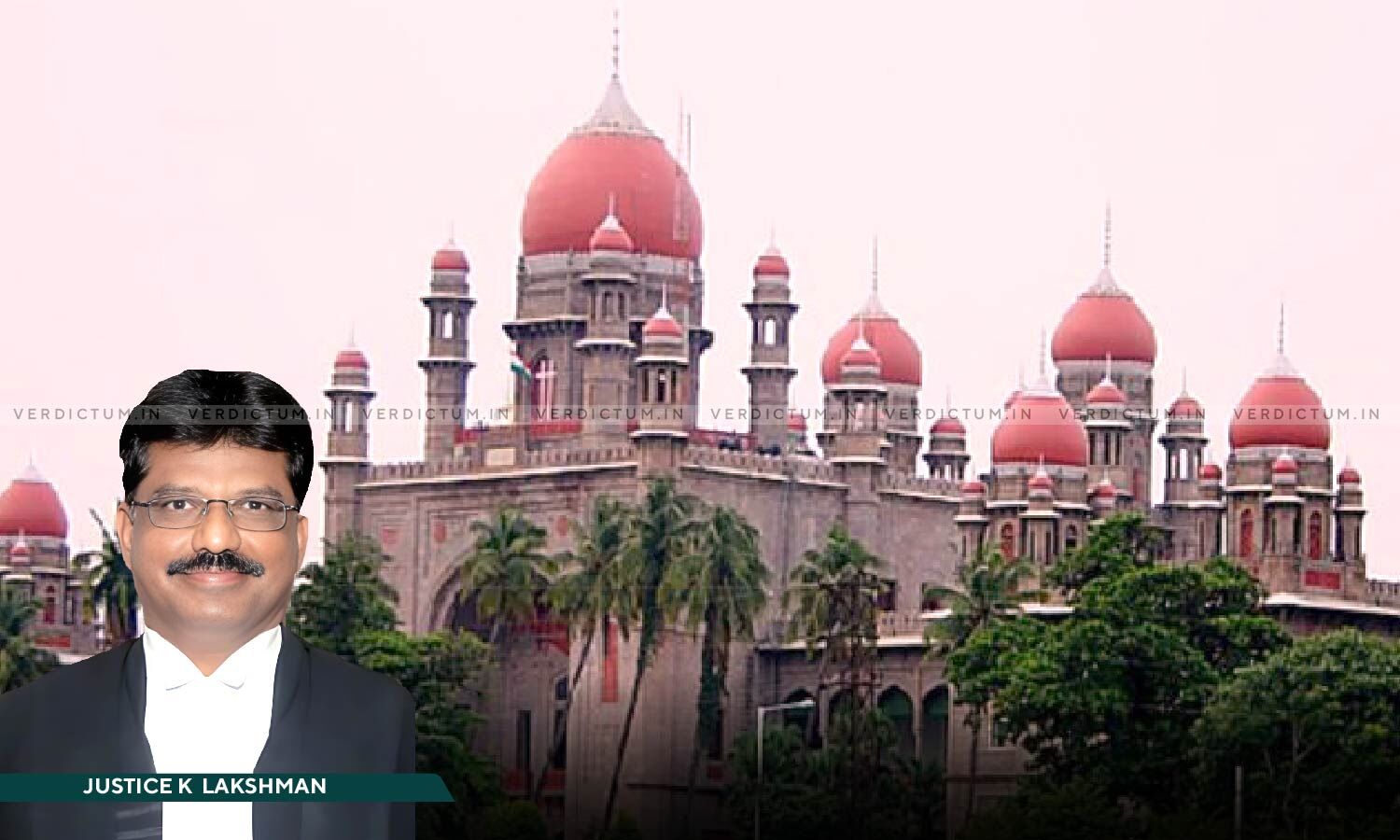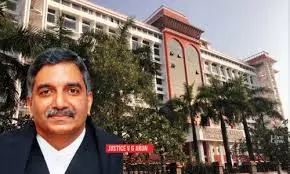Kerala High Court Directs Cochin Devaswom Board To Act Against Fake Online Donation Platforms Exploiting Devotees

The Kerala High Court has issued directions to the Cochin Devaswom Board to enforce strict digital transparency and accountability in major temples under its jurisdiction, and further directed that no Temple Advisory Committee or individual member may raise funds through Instagram or other social media platforms, and mandated visible disclosure of official online platforms in temple premises.
A Division Bench of Justice Anil K. Narendran and Justice P.V. Balakrishnan observed, “The Temple Advisory Committees of the temples under the management of Cochin Devaswom Board or its members shall not be permitted to collect money from the devotees through websites, Instagram accounts, etc. The Vigilance Wing of the Cochin Devaswom Board… shall have a constant vigil against exploitation of the devotees with regard to online pooja booking, online donations, etc., through fake websites, Instagram accounts, etc., in the name of the respective temples.”
The Court added, “Persons behind such fake websites, Instagram accounts, etc., shall be proceeded against, in accordance with law, by submitting proper complaints before the Station House Officer of the concerned Police Station…Since the deity being a perpetual minor, this Court is having inherent jurisdiction to protect and safeguard the interest and properties of the deity and the doctrine of parens patriae will also apply in the exercise of such jurisdiction.”
Advocate T. Sanjay appeared for the Petitioners, while Advocate K.P. Sudheer represented the Respondents.
Brief Facts
The Petitioners, devotees of Sree Poornathrayeesa Temple in Tripunithura, approached the Court seeking action against the operation of fake Instagram accounts and websites that were allegedly soliciting donations in the name of the temple. They also sought wider reform in online fund management and audit practices linked to the temple’s annual festival, Vrishchikolsavam.
The Cochin Devaswom Board confirmed that its Chief Vigilance Officer had already begun an internal inquiry into the matter before the filing of the petition. The Board also informed the Court that the concerned Instagram account had been taken over by the official Devaswom Officer after unauthorised control was relinquished.
The Petitioners restricted their reliefs to addressing unauthorised online donation collection and misrepresentation by former members of the Temple Advisory Committee.
Reasoning of the Court
The Court considered the statutory duties imposed on the Cochin Devaswom Board under the Travancore-Cochin Hindu Religious Institutions Act, 1950. Relying on its earlier ruling in Ram Mohan Das v. Travancore Devaswom Board (1975), it held, “The Board and those entrusted with the duty of managing the properties and affairs of Devaswoms are duty bound to protect the properties of the deity from any wrongful claims, theft or misappropriation. Any such wrongful claims, theft or misappropriation with the passive or active collusion of the authorities concerned… should be dealt with sternly.”
The Court described such actions as “fence eating the crops,” and noted that they attract strict judicial scrutiny under the doctrine of parens patriae.
The Court cited Sections 31A and 76A of the 1950 Act and held that Advisory Committees must function only in aid of the Board and are not authorised to run donation portals independently.
In relation to the Instagram account, the Court noted that the official social media handle had been handed over to the Respondent No.3, the Devaswom Officer. It also recorded the Standing Counsel’s submission that official websites now facilitate online pooja bookings and donations across all major temples, including Chottanikkara, Vadakkunnathan, and Ernakulam Siva Temple .
The Court found that collection of funds through unverified websites and social media accounts by individuals or Temple Advisory Committees is impermissible under law and threatens the fiduciary integrity of temple management. The Court invoked its jurisdiction as parens patriae of the deity to order preventive and corrective action.
Accordingly, the Court directed the Cochin Devaswom Board to:
- Finalise the vigilance inquiry under Ext. R1(e) within three months;
- Ensure prominent display of official websites and social media details at temple premises;
- Provide online booking and donation facilities for all major temples under its management;
- Prohibit any collection of funds by Advisory Committees through Instagram or similar channels;
- File formal complaints against persons operating fake accounts or donation sites.
Consequently, the Bench disposed of the writ, with liberty to the Petitioners to approach the Court afresh on general concerns with appropriate pleadings.
Cause Title: Devidas C. & Ors. v. Cochin Devaswom Board & Ors. (Neutral Citation: 2025:KER:35608)
Appearance
Petitioners: Advocates T. Sanjay, Sanil Kumar G., Ardhra Krishna, Sreekanth G Menon
Respondents: Advocates K.P. Sudheer, Dinesh R. Shenoy, Suvin R Menon, Joy Thattil Ittoop, Bijish B. Tom, Jacob Tomlin Varghese, Baby Sonia, Uthara A. S, Nevis Cassandra L Caxton Loretta, Krishna Kumar T.K., Karun Mahesh, K.S. Arun Kumar





